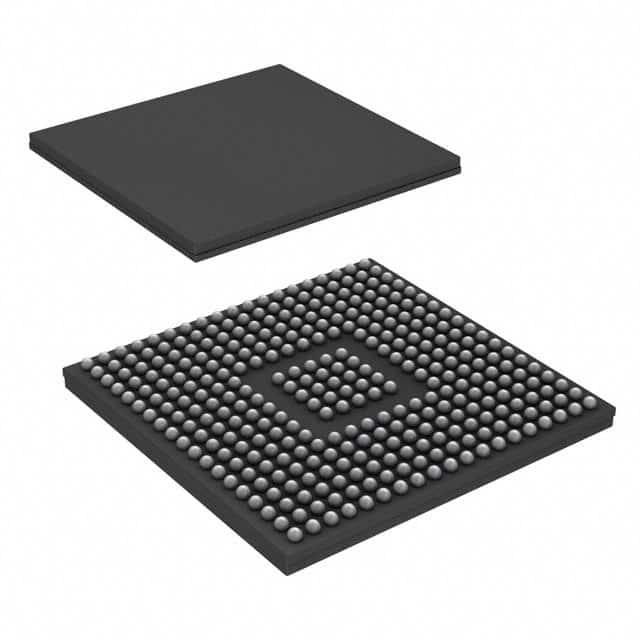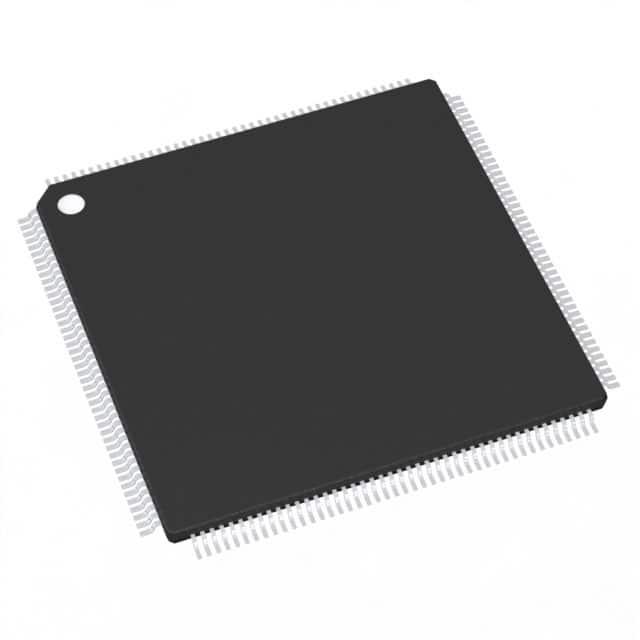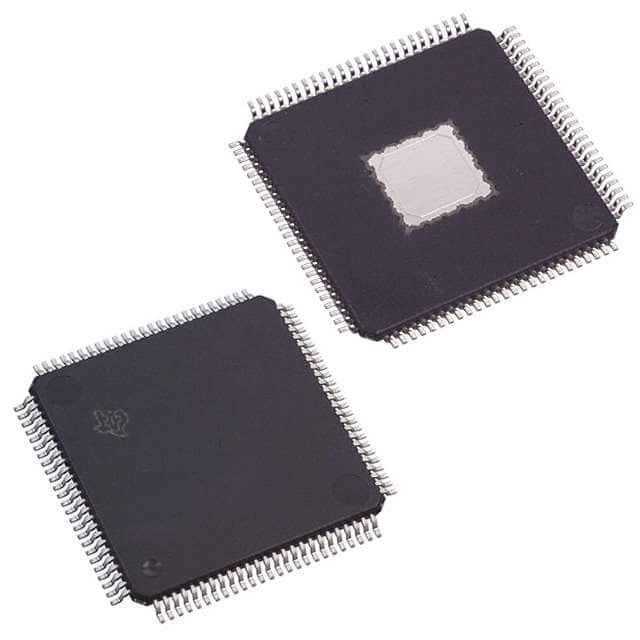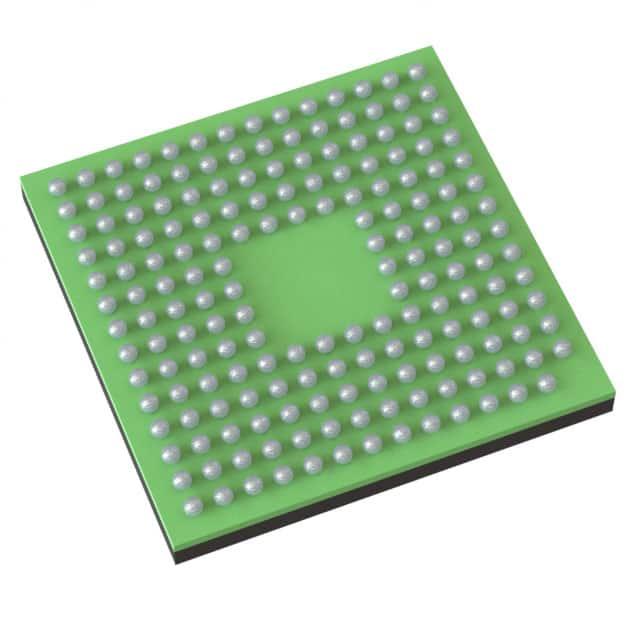| Specification of TMS320F28377SPTPQ | |
|---|---|
| Status | Active |
| Series | Automotive, AEC-Q100, C2000? C28x Delfino?, Functional Safety (FuSa) |
| Package | Tray |
| Supplier | Texas Instruments |
| Digi-Key Programmable | Not Verified |
| Core Processor | C28x |
| Core Size | 32-Bit Single-Core |
| Speed | 200MHz |
| Connectivity | CANbus, EBI/EMI, IC, McBSP, SCI, SPI, uPP, UART/USART, USB |
| Peripherals | DMA, POR, PWM, WDT |
| Number of I/O | 97 |
| Program Memory Size | 1MB (512K x 16) |
| Program Memory Type | FLASH |
| EEPROM Size | – |
| RAM Size | 82K x 16 |
| Voltage – Supply (Vcc/Vdd) | 1.14V ~ 3.47V |
| Data Converters | A/D 20x12b, 20x16b; D/A 3x12b |
| Oscillator Type | Internal |
| Operating Temperature | -40C ~ 125C (TA) |
| Mounting Type | Surface Mount |
| Package / Case | 176-LQFP Exposed Pad |
| Supplier Device Package | 176-HLQFP (24×24) |
Applications
The TMS320F28377SPTPQ is ideal for applications requiring high-performance computing in industrial automation, such as control systems in manufacturing plants where it can operate within a wide range of temperatures from -40¡ãC to +125¡ãC.
In medical devices, its precision and reliability make it suitable for monitoring and controlling critical life support systems.
For automotive applications, it supports advanced driver assistance systems (ADAS) and vehicle diagnostics due to its robustness and ability to handle complex algorithms efficiently.
In telecommunications, it enables efficient processing of signals in base stations, enhancing network performance and reliability.
Its versatility also makes it applicable in renewable energy solutions like solar power inverters and wind turbine control systems.
Key Advantages
1. High clock speed up to 60 MHz, enabling fast processing capabilities.
2. Integrated Floating Point Unit (FPU), crucial for demanding computational tasks.
3. Low power consumption modes that reduce energy usage significantly.
4. Meets various certification standards including ISO 9001 and IEC 61508.
FAQ
Q1: Can the TMS320F28377SPTPQ be used in environments with extreme temperatures?
A1: Yes, it operates effectively between -40¡ãC and +125¡ãC, making it suitable for harsh environmental conditions.
Q2: Is there any specific hardware requirement when interfacing with other components?
A2: The device requires standard communication interfaces such as SPI, I2C, and UART for seamless integration with other hardware components.
Q3: What development tools should I use for programming the TMS320F28377SPTPQ?
A3: TI’s Code Composer Studio (CCS) is recommended for developing software for this microcontroller.
Other people’s search terms
– TMS320F28377SPTPQ applications
– TMS320F28377SPTPQ key features
– TMS320F28377SPTPQ specifications
– TMS320F28377SPTPQ development tools
– TMS320F28377SPTPQ certifications








